Personal Safety
The Do’s And Don’ts Of Surviving Predator Attacks
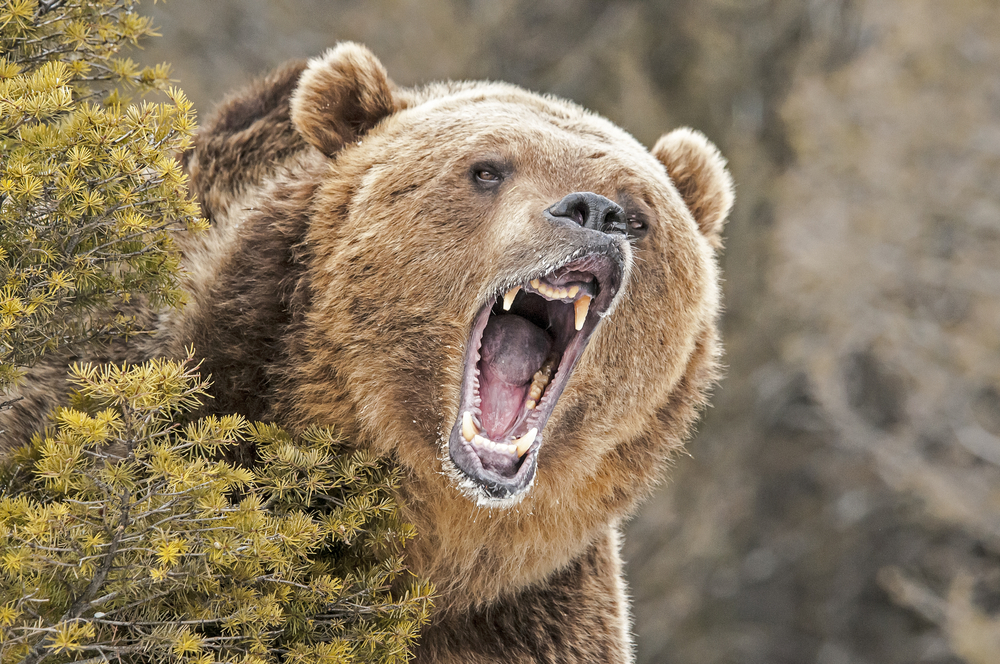
How prepared are you in surviving predator attacks? Whether you’re a beginner or expert outdoorsman, these tips will always come in handy when you’re facing danger.
Tips for Surviving Predator Attacks
When you bring up predator attacks people usually try to dismiss them as being rare. While the stats show that most attacks from wilderness predators are rare, you don’t want to be the rare example.
Getting mauled by a beast as big as a grizzly is not something you want to endure, no matter how rare someone tells you it might be.
Did you know that bears and wolves will not kill you before eating you? Yup. They just start eating. They will bite and claw you enough to keep you from getting away but while you are writhing in pain and incapacitated, they will start to eat you alive.
Does it really matter how rare something like that happens? NO! BE READY!
We are going to look at three of the biggest predators in North America and how to survive them.
What to Never Do
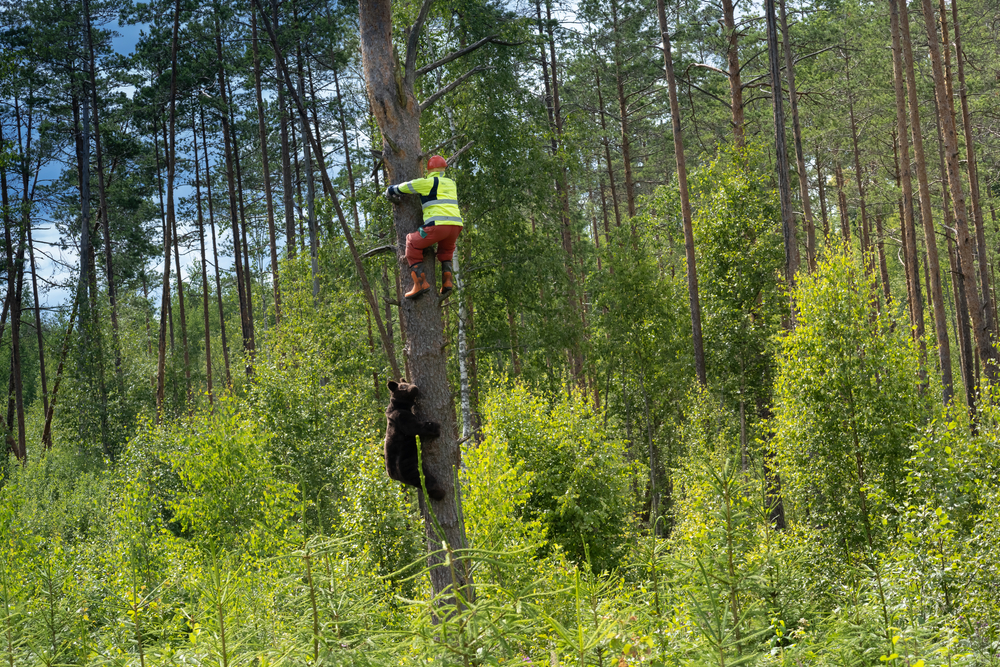
For starters, let’s look at two things you never want to do when you encounter an animal. The animals that we are profiling here can run over 30 miles per hour. You cannot outrun them.
- Don’t Run
If you don’t want to look like a prey animal, then don’t turn and start running. Life in the wild is hard and these creatures are facing possible extinction. If they see something running to get away, they will be triggered to give chase. They do not want food to get away.
- Don’t Turn Your Back
Going on the same concept of a hard life in the wild, these animals are all looking for a nice easy meal. Therefore, they attack small, old, and injured animals. They like to sneak up behind these creatures and kill them fast.
When you turn your back on a predator, they see an opportunity to attack.
- Don’t Stare in the Eyes
Along with struggling to find food, there are also hierarchal battles in the life of predators. These animals will not be dominated as it can affect their place in the pack or affect their hunting territory.
When you stare an animal in the eyes, they think you are contesting their dominance and then they must prove that dominance to you.
- Don’t Climb a Tree
While it might seem like you can get away from predators like bears and mountain lions by climbing up trees, don’t do it. Both species are tremendous climbers, and there is a good chance you won’t even make it up the tree before being pulled own.
Also, you don’t want to sustain injuries by falling out of a tree and then must fight off a dangerous predator.
So now the question becomes, “What do I do if I run into one of these predators?”
Surviving Bear Attacks
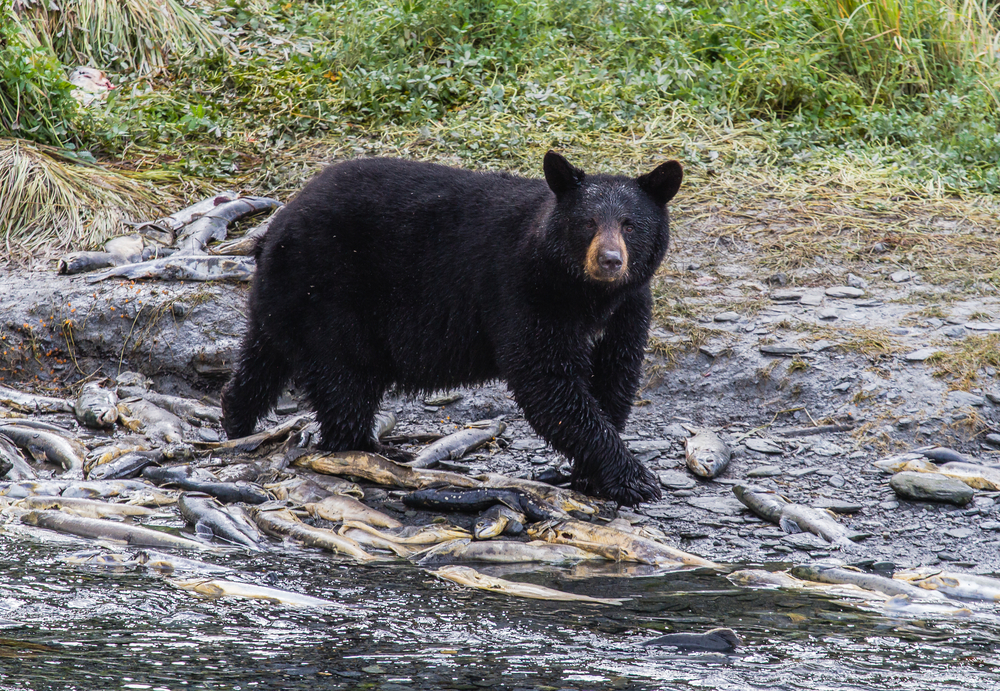
They are the largest predators in North America standing up to 10 feet tall and weighing over 1,000lbs. You might think that you are basically helpless against a real-life monster like this. Truth is, you can survive a bear encounter if you know how and when to react.
- Stand Still and Use an Assertive Voice
- Raise Your Arms to Increase Your Size
IF A BEAR ATTACKS
Grizzly Bear:
Play dead. Lay on your stomach, cover your head, and keep your backpack on. They might leave you alone if they assume you are no longer a threat.
Black Bear:
When attacked by a black bear, you’ll want to fight back. Use trekking poles, sticks, axes, or knives to hurt the animal. If you have nothing punch and elbow them.
How to Survive a Mountain Lion Attack
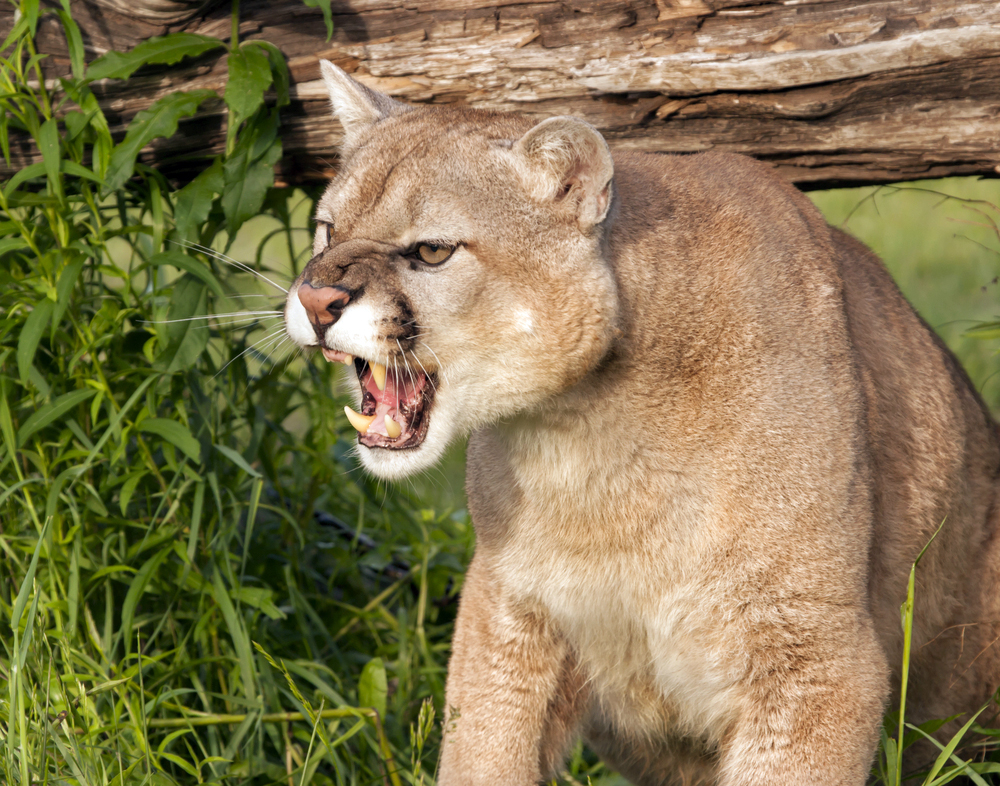
Probably the most terrifying of the predators on this list because they stalk silently, and they are well documented for attacking people who are running and biking on trails. Mountain lions are quiet stalking predators and you will likely feel them before you see them.
Here is how to deal with them:
- Stand Still and Use an Assertive Voice
- Raise Your Arms to Increase Your Size
IF A MOUNTAIN LION ATTACKS
Like the black bear, you want to fight these creatures off. Therefore, the EDC is so important when you are in the woods. If you have access to a knife than put it to use.
Also, protect your throat. Keep your chin down and keep the mouth away from your neck. Mountain lions are just like other big cats. They bite the neck of their pray and asphyxiate them. A mountain lion will try and do the same thing to you!
Surviving the Wild
We are the greatest predator on this planet. Give yourself some credit! Use all your natural gifts to both see predators, listen for them and even a little intuition to understand when you are in a dangerous situation.
Use the tips and tricks we showed you, and you will be able to mostly avoid dangerous animal encounters. If it ever turns into a true attack, you will know what to do then, too.
In most cases, these animals are doing their best to avoid you. It is only when you appear to be another animal or you threaten them that they resort to attacking. As rare as animal attacks are, animals hunting humans is even rarer.
What’s the most important thing you’ve learned from these surviving predator attacks tips? Let us know in the comments section!
Up Next:
-

 Do It Yourself7 months ago
Do It Yourself7 months agoParacord Projects | 36 Cool Paracord Ideas For Your Paracord Survival Projects
-

 Do It Yourself9 months ago
Do It Yourself9 months agoHow To Make Paracord Survival Bracelets | DIY Survival Prepping
-

 Do It Yourself9 months ago
Do It Yourself9 months ago21 Home Remedies For Toothache Pain Relief
-

 Do It Yourself10 months ago
Do It Yourself10 months agoSurvival DIY: How To Melt Aluminum Cans For Casting
-

 Exports8 months ago
Exports8 months agoAre Switchblades Legal? Knife Laws By State


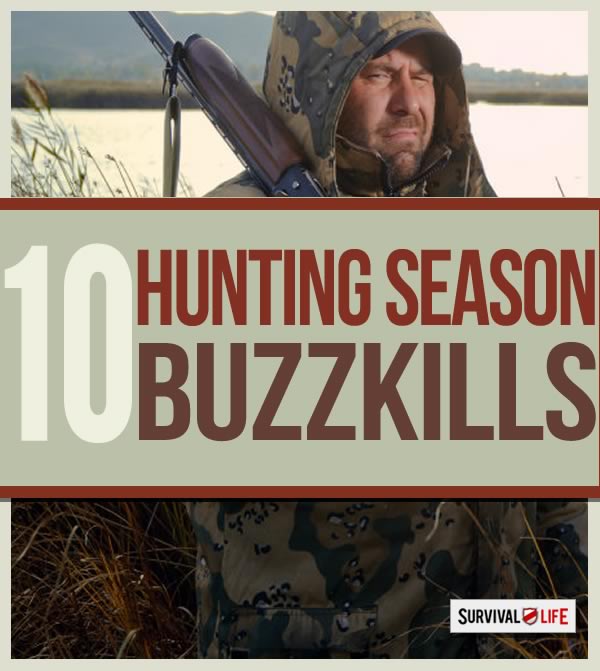



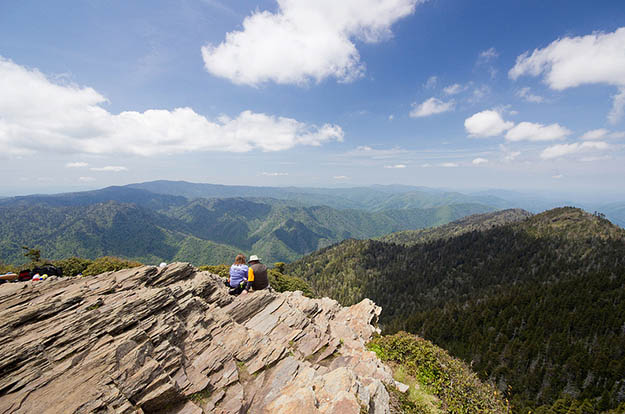

Ronn Hemstock
December 8, 2020 at 10:26 AM
As a survivor of a grizzly attack, I would like to add that I noticed the bear only stopped the ripping, biting, and chomping, after I had gone quiet. so for the first 45 seconds or so while I was vocalizing it seemed to incite the bear to more violent behavior. after I went quiet he slowed down and buried me for later. That said I would recommend trying to remain quiet while playing dead hard as it sounds.
Pingback: Fear of wild animals on a Island while I am sleeping in tent alone at night - TrendRadars